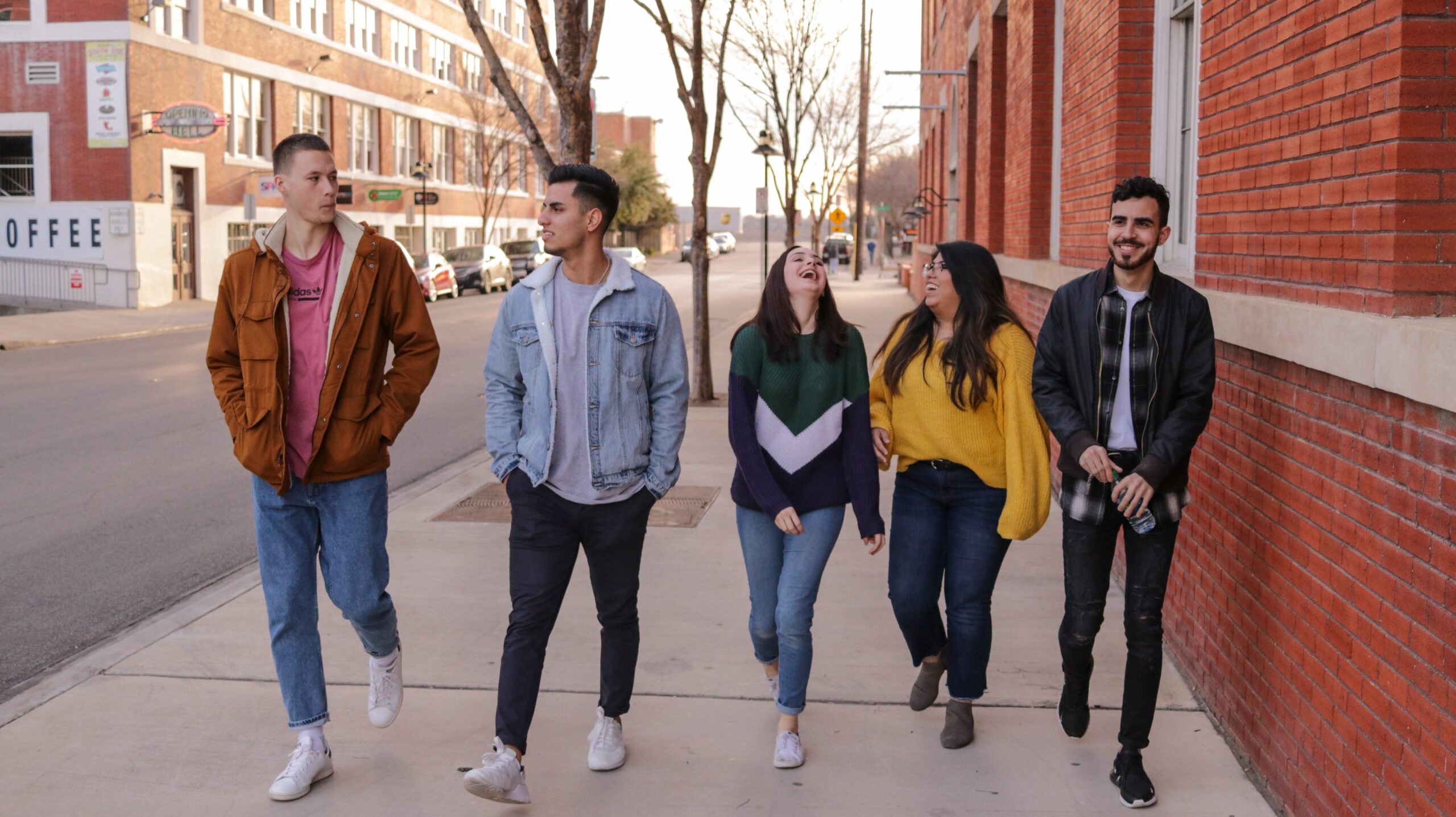An email came in recently from H.H., a thirteen-year-old on a “year long quest to find out how I can make a difference” in the fight against climate change. The email included a list of questions. They’re good questions, so I’ll answer them here as best as I can. And since I have no particular expertise in the advice-for-youngsters field, please add your own thoughts in comments.
Is it possible to stop climate change?
Not entirely, but it should be possible to stop the worst effects of climate change.
The climate reacts slowly to all the carbon dioxide we’ve been adding to the atmosphere. It will take decades or even hundreds of years for the full effects of the fossil fuel we’ve already burned to be felt. So it isn’t really possible to fully stop climate change.
But most scientists think it is possible to avoid the worst effects of climate change. We have a short time in which to act. If we can hold emissions down — and then gradually eliminate them — we should be able to prevent the really bad scenarios that scientists are warning us about.
Do we need to have a global government to address climate change or does local governments work too?
We don’t need a global government, but we do need a global agreement between governments. There is only one climate, so the nations of the earth need to cooperate to reach the common goal of reducing carbon emissions. The good news is that we’ve cooperated before. For example, over twenty years ago, 186 nations agreed to a treaty to address the hole in the ozone layer. Climate change is a much bigger problem, but at least we know what needs to be done.
How did you first come to know or get interested in climate change?
Scientists have been studying climate change since before I was born, but like most people, I didn’t pay much attention until the issue started becoming more urgent in the 1990s. Once I started to learn about climate change, I realized that it’s a much bigger problem than most, because it affects every aspect of the environment and the economy.
Terrapass began as a school project in 2004. Since then, of course, I’ve learned more than ever about the causes of climate change and — more importantly — the potential solutions.
How has knowing about climate change influenced your life?
I spend every day working on climate change, so it’s influenced my life quite a bit! And, like a lot of people, I take steps to conserve energy usage. Beyond those obvious things, here are some other ways climate change has influenced my life:
Good (yes, there are some good things): I enjoy working in an area that I feel is important to the future health and wealth of the planet. I’m a science geek, and science of climate and energy turns out to be completely fascinating. I’m also a politics geek, and the politics of climate change are also fascinating — and totally frustrating. These days, I’m feeling optimistic that we’re starting to move in the right direction. So that’s nice.
Bad: I wish climate change would go away! I would prefer to live in a world where we had access to cheap, clean energy. But we don’t, so I worry in particular about some of the potentially irreversible effects of climate change, such as biodiversity loss.
What do you think is the best way to convince people that climate change is happening?
Good question. I’m pretty sure the answer lies in helping people understand that climate change isn’t only a threat, but also an opportunity. In 50 years, we will all be healthier and wealthier than we are now — and the environment will be safe. But only if we start acting now.
Of course, some people will never be convinced, so we should focus most of our energy on motivating the people who do understand the problem (the majority of Americans) to push for solutions.
Can you suggest other sources — media, places to visit, activities to take part in, or people I could contact to help me understand and fight against climate change?
There’s so much information available online that I hardly know where to begin.
There’s also an interesting study guide related to the movie An Inconvenient Truth. One of the best ways for you to get involved is through your school.
Of course, you can also get involved by finding ways to reduce your carbon footprint. You don’t drive yet, so you’re already doing a good job on that front. Perhaps you can find ways to green your home.
Update: Via this Grist post, I found this area of the Clinton Global Initiative web site that lists out ideas for “commitments” that young people can take to fight climate change. Lots of ideas in there.
Why do you think people don’t believe that climate change is happening?
This is a complicated topic. I think there are a few reasons. The first is that the science of climate change is difficult. The second is that climate change is scary. A third reason — and this may be the most important one — is that the politics of climate change are a mess. I know that’s a vague answer, but you could write a whole book about this.
What do you think I should do after I finish college to help save earth?
This question is easy: don’t worry about it. Here’s why:
You won’t graduate from college for eight years. In eight years, the world will be very different. We’ll have a different government. We’ll have new technologies. We’ll have new laws and new international agreements. No one can predict what the world will look like in eight years, so just study hard and see what opportunities arise.
More importantly, what you should do depends entirely on what you like to do. All sorts of people are needed to help fight climate change: scientists, engineers, legislators, educators, entrepreneurs, businesspeople, financiers, activists, and the list goes on. The best thing for you to do is whatever you most enjoy, because that’s where you’ll make the greatest difference. And the only way to find that out is to try out a bunch of different things, talk to people who do work you find interesting, and learn as much as possible.
It’s really difficult to convey the sheer breadth and diversity of opportunities available to someone interested in the environment. (See here if you want a taste.) Fortunately for you, this is one question you can put off answering for a few years.
Brought to you by terrapass.com








